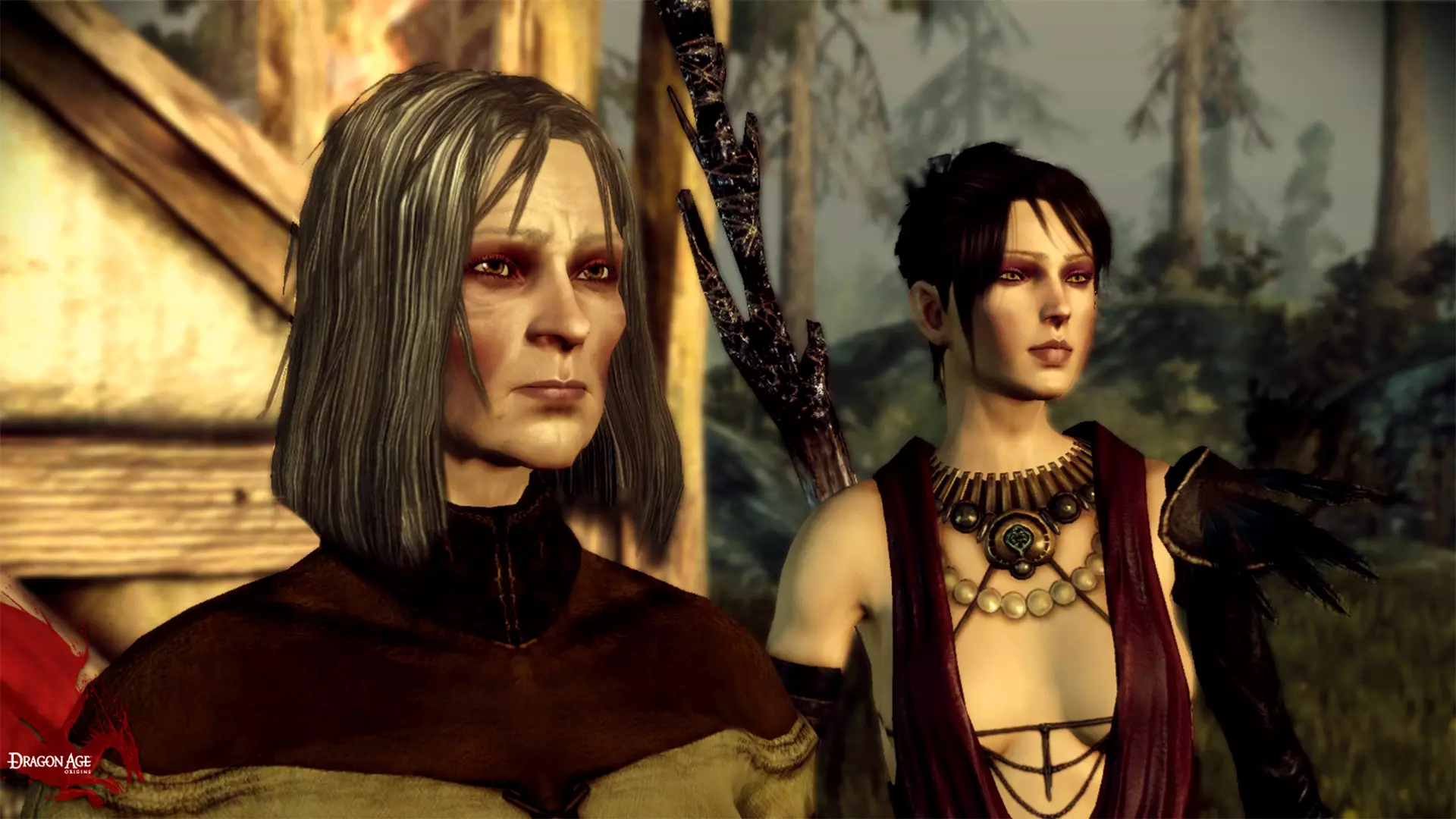In the immersive worlds of role-playing games (RPGs), character interaction is paramount. Romance is a dynamic that adds layers to storytelling, enriching player experiences. Recent insights from David Gaider, the narrative architect behind the acclaimed *Dragon Age* series, reveal a thought-provoking stance on this intricate facet of gameplay. Gaider advocates for a narrative approach where not all characters are tailored for romance. He positions that player agency shouldn’t be compromised for the sake of expansive romance options, a philosophy that starkly contrasts the all-inclusivity exemplified in recent titles like *Baldur’s Gate 3*.
While *Baldur’s Gate 3* embraces “player-sexual” characters—where every party member is available for romance no matter the player’s chosen identity—Gaider suggests that this approach might dilute the individuality of characters. He emphasizes that when every character is romantically receptive, it can create a homogenized landscape where character motivations become secondary to their role as potential love interests. This leads to a critical examination of not just romantic options but what they imply about the structure of character development within these fantasy realms.
The Case Against Universality
Gaider’s insights provoke a valuable conversation about the nature of storytelling in RPGs. He identifies a clear divide among players—those who crave unrestrained romance options and those who appreciate the depth that comes from realistic social dynamics, including rejection. This dichotomy underscores a broader question within game design: Should developers prioritize player fantasy or character authenticity? Gaider’s preference for nuanced character frameworks suggests that genuine emotional engagement often stems from complexity and conflict, rather than unconditional acceptance as a romantic partner.
In traditional storytelling, romance often hinges on character compatibility, shared values, and mutual growth—elements that can be compromised when every character is presented as perpetually available. Gaider posits that romance should feel like a journey: one that must be negotiated, with personal stakes involved. This also champions a richer narrative where characters possess distinct goals and motivations, inviting players to engage in deeper, more intricate storytelling.
Fostering Character Growth Through Rivalry
One of the pivotal critiques raised by Gaider revolves around how player-sexual characters can strip away the essence of rivalry in relationships. In truth, storytelling thrives on tension, be it romantic or adversarial. By introducing characters with their own agendas and potential distrust toward the player, developers can create multifaceted interactions that compel players to earn their affection or, at the very least, respect. This enhances the sense of agency, allowing the player to navigate complex social landscapes rather than merely fulfill transactional emotional arcs.
Imagine a scenario where a character isn’t just a potential romantic partner but also a rival, presenting challenges and obstacles to the player’s progression. This complexity invites the player to engage not solely as a lover but as a strategist, deepening the overall gameplay experience. Gaider’s insistence on crafting characters with layered motivations—who might even view the player with suspicion—opens up a myriad of possibilities for storytelling that diverges from conventional romance arcs.
Balancing Fantasy and Authenticity
As the gaming landscape evolves, developers face the challenge of balancing the expectations of their audience without compromising narrative integrity. The debate ignited by Gaider resonates with an ongoing desire for authenticity in character interactions within RPGs, pushing players to consider what they value in their virtual escapades.
Will future RPGs strike a balance that allows for meaningful character depths while also catering to the desires of those who want unbridled access to every love interest? Gaider’s perspectives serve as a crucial reminder that storytelling in games is not simply about providing what players ask for—it’s about engaging them in ways that make them think, feel, and invest in the world and its inhabitants. Character-driven narratives, interlaced with realistic social dynamics, hold the potential to create memorable gaming experiences that resonate well beyond the screen.
While the allure of romance is certainly powerful, the true strength of RPGs lies in their ability to challenge expectations and encourage players to navigate a world rich with conflict, evolution, and emotional depth. Without that, we risk creating a landscape where characters are ultimately just tools for escapism rather than contributors to a rich, unfolding narrative tapestry.


Leave a Reply